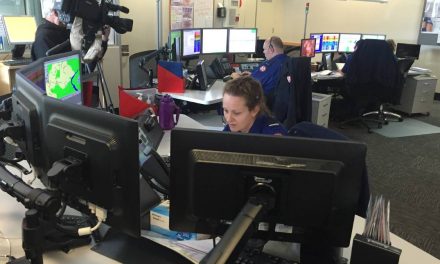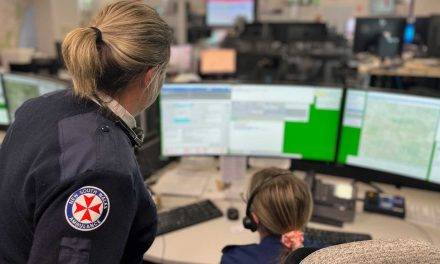 Workplace Bullying is a repeated and unreasonable behaviour directed towards a worker or group of workers that creates a risk to their health and safety.
Workplace Bullying is a repeated and unreasonable behaviour directed towards a worker or group of workers that creates a risk to their health and safety.
Bullying creates a risk due to it potentially affecting the mental and physical health of workers.
Taking steps to prevent bullying from occurring and responding quickly if it does is the best way to deal with workplace bullying.
Bullying can take various forms including psychological, physical and even indirect – for example deliberately excluding someone from work related activities.
Bullying can be obvious or it can be subtle, which means that it’s not always easy to spot.
Examples of bullying can include:
- Abusive or offensive language or comments
- Aggressive and intimidating behaviour
- Belittling or humiliating comments
- Practical jokes or initiation
- Unjustified criticism or complaints
- Cyber bullying
What is not Workplace Bullying?
Not all behaviour that makes a worker feel upset or undervalued is workplace bullying.
Reasonable Management Action taken in a reasonable way is not workplace bullying, however, if performance conversations are not conducted in a constructive, supportive way which focuses on the positives as well as the negatives, this can be constituted as a detriment to the worker. If the conversations are always humiliating and demeaning this can also constitute bullying behaviour.
Differences of opinion and disagreements are also generally not workplace bullying. However in some cases, conflict if not managed may escalate to the point where it becomes workplace bullying.
Effects of Bullying
Bullying can seriously harm worker mental health and has been consistently linked to;
- anxiety,
- depression,
- post-traumatic stress disorders,
- generalised strain,
- psychosomatic symptoms,
- burnout and
- hysical health problems such as cardiovascular disease, migraines and obesity.
Managing the risk of workplace bullying
NSW Ambulance can minimise the risk of workplace bullying by taking a proactive approach to identify any unreasonable behaviour and situations likely to increase the risk of workplace bullying to occur.
NSW Ambulance should have implemented control measures to manage these risks and monitor and review the effectiveness of these measures. This could include activities such as;
- Regular consultation with workers and health and safety representatives to find out if bullying is occurring or if there are factors that are likely to increase the risk of workplace bullying.
- Setting proper standards of workplace behaviour, for example through a code of conduct or workplace bullying policy.
- Designing safe systems of work by clearly defining jobs and providing workers with the resources, information and training they need to carry out their work safely.
- Implementing workplace bullying reporting and response procedures.
- Developing productive and respectful workplace relationships through good management practices and effective communication.
- Providing information and training on workplace bullying policies and procedures, available support and assistance, and how to prevent and respond to workplace bullying.
- Providing information to workers on who they can go to in order to report bullying behaviour and seek assistance.
- Prioritising measures that foster and protect the psychological health of workers.
What to do if you experience Bullying
- Check your workplace bullying policy and reporting procedures. The policy should outline how NSW Ambulance will prevent and respond to workplace bullying.
- If you feel safe and comfortable doing this, calmly tell the other person that you object to their behaviour and ask them to stop it. They may not realise the effect their behaviour is having on you or others, and your feedback may give them the opportunity to change their actions.
- Seek advice from another person, for example a supervisor or manager, human resources officer or health and safety representative, Union Delegate or Union Organiser to help you work out if the behaviour you have been experiencing is workplace bullying, as early as possible. Your employer (or other PCBU) can’t address the problem if they don’t know about it.
Further advice
In some circumstances, an order to prevent or stop a worker being bullied can be made under the Fair Work Act 2009 by contacting the Fair Work Commission.
The Australian Human Rights Commission investigates and resolves complaints (under federal laws) of bullying based on a person’s sex, disability, race or age.
It can also investigate and resolve complaints of workplace bullying based on a person’s criminal record, trade union activity, political opinion, religion or social origin.
There are a number of services available to people who are feeling depressed, stressed or anxious as a result of bullying behaviour. They include:
- Beyond Blue
- Lifeline
Finally speak to your USU Delegate or contact the United Services Union and speak to an Organiser. Your Organiser can assist you in trying to resolve the situation.
You can contact the USU on 1300 136 604
If you are not a member and wish to join, you can do so by visiting usu.org.au/join



